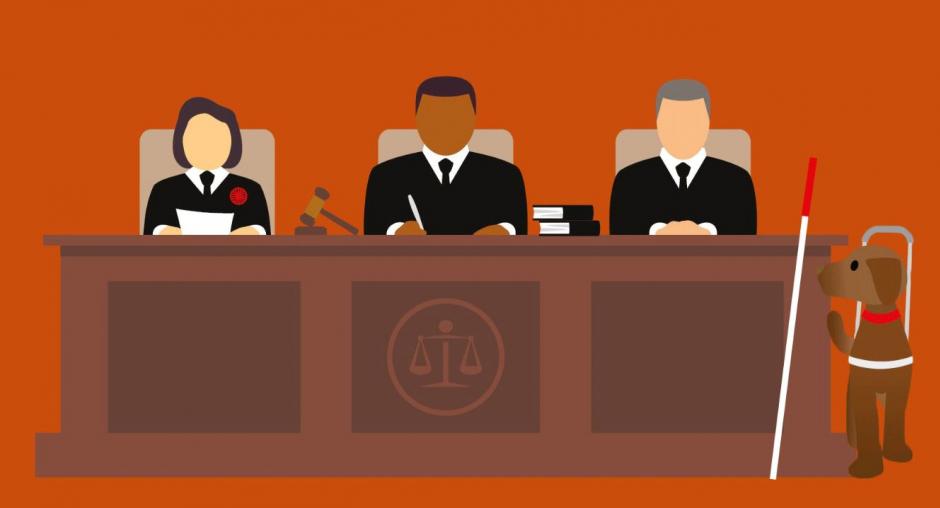Gender, diversity and justice focus of ODIHR paper launched at UN Crime Commission

Promoting change in policies, attitudes and training curricula to achieve higher representation of women and members of minorities in justice sector institutions was the focus of an event in Vienna on 23 May 2019, during which the OSCE Office for Democratic Institutions and Human Rights (ODIHR) launched its paper Gender, diversity and justice.
The event took place on the margins of the 28th session of the UN Commission on Crime Prevention and Criminal Justice. The discussion highlighted that, while States and authorities keep making commitments on gender equality and non-discrimination, women and minorities are still under-represented in legal professions. Even in countries where women judges are strong in numbers, barriers to workplace equality and career advancement prevail. Women are still a small minority in functions such as court presidents or judges of supreme or constitutional courts. In prosecution services, too, women are under-represented and rarely rise to senior positions.
“Raising this topic is not due to a fixation on numbers, but to emphasize that the under-representation of certain groups among judges and prosecutors has a negative impact on access to justice,” said Meaghan Fitzgerald, Deputy Head of the ODIHR Democratization Department. “We hope that this work will support participating States in building justice systems which are more inclusive.”
A needs assessment study conducted by ODIHR shows that society has greater trust in justice systems where the justice sector workforce is visibly more diverse. Diversity also makes judges and prosecutors more sensitive to different considerations for different groups, allowing them to overcome their implicit biases and unconscious stereotyping.
“The work of the International Association of Women Judges (IAWJ) is the embodiment of the ODIHR study. Our members know first-hand the unique insights they bring to adjudicating cases, especially those involving discrimination and violence against specific groups within society,” said Shawna Wilson, Executive Director of the IAWJ, who presented the work of the association, stressing the positive role that national associations of women judges can play.
ODIHR and the IAWJ used the gathering to discuss their future co-operation to support women judges, both to achieve gender parity in justice systems and to promote gender-sensitive decision-making.
ODIHR organized the side event in co-operation with the Permanent Mission of Norway to the International Organizations in Vienna and the UN Office on Drugs and Crime (UNODC) in its role as the secretariat of the Global Judicial Integrity Network.
